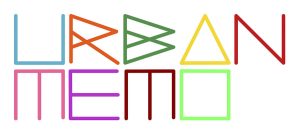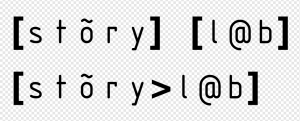Based on Tesserae’s experience in designing and implementing a large variety of projects and actions in different territories and with multiple scopes, Frame4Change has been perfectioned during the Horizon 2020 project IN-HABIT as framework for the engagement process of stakeholders. Frame4Change provides a basic logic framework to understand the complexity of factors influencing the development of inclusive, participated and integrated projects. The framework illustrate four basic dimensions of change (fields), four essential variables and eight key activities. It is a conceptual map to navigate transformative processes at large, completed by a set of questions that you should ask yourself along the path and a collection of tools to inspire visionary and inclusive solutions. It is a main meta-tool that we employs to systematise Tesserae’s toolset, providing the basic categories for the classification of tools and methods employed in field practice, training and education processes.
PURPOSE
Frame4Change is a flexible and multi-purpose tool, serving the scope to grasp the multiplicity of perspectives and entry-points from where different actors can engage in a participatory process. The main objective of F4C is to steer the alignment of partners and stakeholders involved in producing a collective process of transformation: facilitators, managers, planners, project coordinators, community activators. The framework is designed to visualise the multiple aspects affecting the outcomes of the process and to enhance the alignment of different perspectives and variables. The framework provides a basic taxonomy to classify the elements of the process and to define tasks, responsibilities, timing, objectives and impact indicators.
BENEFICIARIES
Designers, project managers, planners, policy analysts that engage with complex partnership aimed at impacting social and territorial realities. F4C can be used also for educational purpose, to train in project design and territorial and policy analysis.


